
Ingredient
Graham flour
The Wholesome Wonder: Unveiling the Secrets of Graham Flour
Graham flour is a type of whole wheat flour made by grinding the endosperm, bran, and germ of the wheat kernel. It has a coarse texture and a light brown color, with visible flecks of bran. This flour is known for its nutty and slightly sweet flavor, which adds depth to baked goods. Its coarse texture also provides a pleasant crunch, making it a popular choice for crusts and cookies. Graham flour is often used in combination with other flours to create a balance of flavors and textures in various recipes.
Origins and history
Graham flour was named after Sylvester Graham, a 19th-century American Presbyterian minister who advocated for a whole grain diet. He believed that refined flour was detrimental to health and promoted the use of coarsely ground wheat flour. Graham flour gained popularity during the 1800s as part of the Graham Diet, which emphasized whole grains and vegetarianism. Today, it continues to be a staple in many traditional American recipes, such as graham crackers and pie crusts.
Nutritional information
Graham flour is a nutritious choice, as it retains the bran and germ of the wheat kernel. It is a good source of dietary fiber, providing approximately 4 grams per 1/4 cup serving. Additionally, it contains essential minerals like iron and magnesium, as well as B vitamins. A 1/4 cup serving of graham flour typically contains around 100 calories.
Allergens
Graham flour contains gluten, making it unsuitable for individuals with gluten intolerance or celiac disease.
How to select
When selecting graham flour, look for a reputable brand that offers a finely ground product with a fresh aroma. Check the packaging for any signs of damage or moisture, as these can affect the quality of the flour. Opt for organic or whole grain options whenever possible to ensure maximum nutritional benefits.
Storage recommendations
To maintain the freshness and quality of graham flour, store it in an airtight container in a cool, dry place. It is best to use it within 3-6 months of purchase, as the natural oils in the bran and germ can cause the flour to turn rancid over time.
How to produce
While it is not practical for amateurs to produce graham flour at home, it can be made by grinding whole wheat berries in a grain mill or high-powered blender until a coarse texture is achieved.
Preparation tips
Graham flour is a versatile ingredient that can be used in a variety of recipes. It is commonly used in baking, particularly for making graham crackers, pie crusts, and bread. When using graham flour in recipes, it is important to note that its coarse texture may require additional moisture or binding agents to achieve the desired consistency. Experiment with different ratios of graham flour to other flours to find the perfect balance for your recipes.
Substitutions
If graham flour is not available, a suitable substitute can be a combination of whole wheat flour and wheat bran in equal proportions. This will provide a similar nutty flavor and texture to your baked goods.
Culinary uses
Graham flour is most commonly used in the production of graham crackers, pie crusts, and bread. It adds a distinct flavor and texture to these baked goods, enhancing their overall taste and appeal. Additionally, graham flour can be used as a coating for fried foods or as a thickener in soups and stews.
Availability
Graham flour is commonly available in North America, particularly in the United States, where it is widely used in traditional American recipes.
More ingredients from this category

Chapatti flour
The Versatile Flour for Perfect Indian Flatbreads
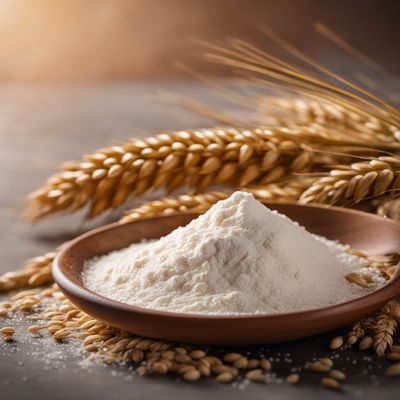
Wheat flour, durum
Versatile Grain Powerhouse

Wheat wholemeal flour
Nutrient-Rich Whole Grain Flour
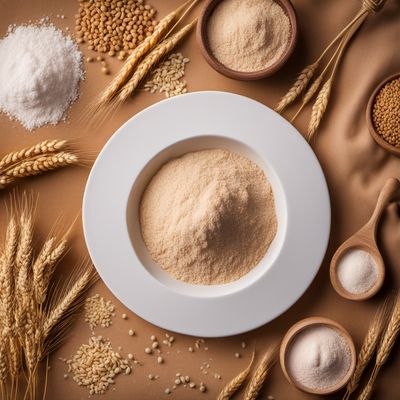
Wheat flour, brown
The Nutrient-Rich Powerhouse: Unveiling the Secrets of Brown Wheat Flour
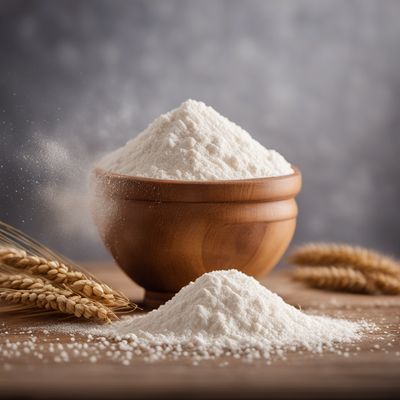
Wheat flour white
The Versatile Flour: Unleashing the Power of White Wheat Flour
Recipes using Graham flour » Browse all

New York-Style Cheesecake with Turkish Twist
Istanbul Cheesecake: A Creamy Delight with a Turkish Touch
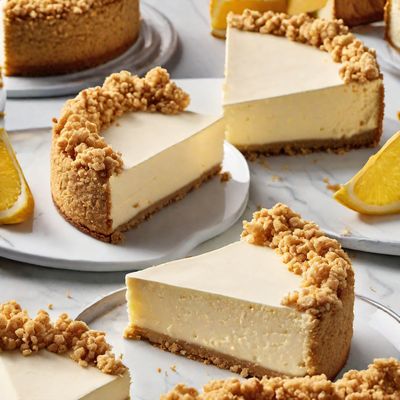
New York-Style Cheesecake
Big Apple Cheesecake

Cuban-Style Cheesecake
Havana Delight Cheesecake

New York-Style Cheesecake with a Puerto Rican Twist
Tropical Delight Cheesecake

New York-Style Cheesecake
Spiced Creamy Cheesecake Delight
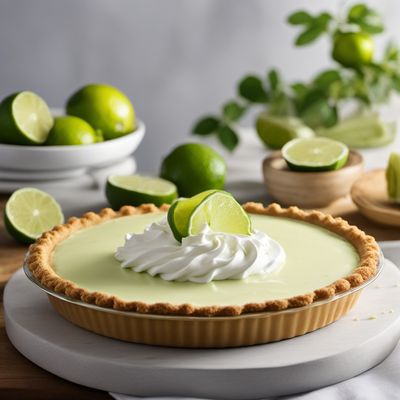
Classic Key Lime Pie
Tangy Delight: Classic Key Lime Pie Recipe
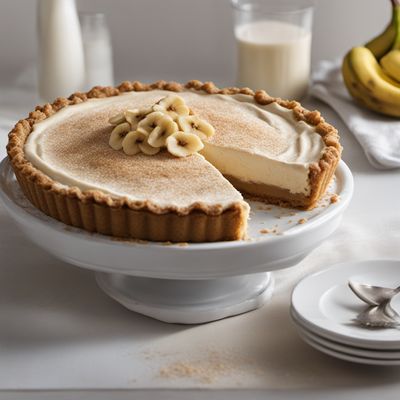
Barbadian Banoffee Pie
Tropical Delight Banoffee Pie
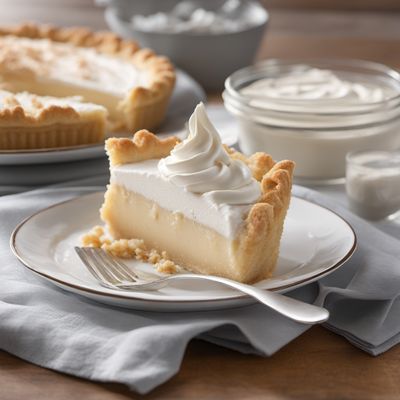
Classic Canadian Flapper Pie
Maple-infused Flapper Delight

New York-Style Cheesecake with a Molecular Twist
The Molecular Big Apple Cheesecake
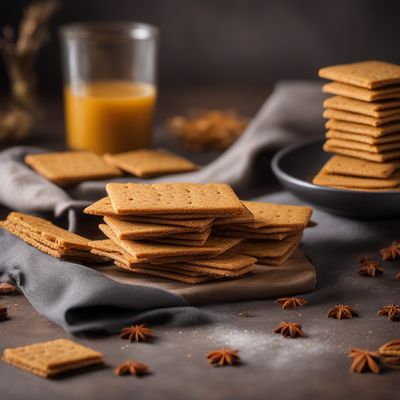
Madurese-style Spiced Crackers
Savory Spice Infused Crackers with a Madurese Twist

Homemade Cinnamon Graham Bread
Cinnamon-infused Delight: Homemade Graham Bread

Croquetas de Bacalao Note by Note
The Symphony of Note by Note Croquetas de Bacalao